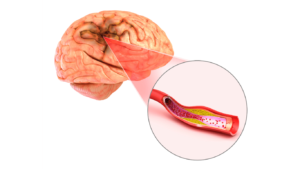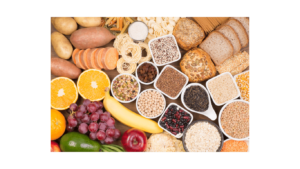10 Natural Ways to Reduce Anxiety
Introduction
Anxiety is a common challenge that many people face, impacting their daily lives and overall well-being. While seeking professional help is crucial, incorporating natural remedies can complement traditional approaches. Here are 10 natural ways to reduce anxiety:
- Lavender: Lavender's calming aroma has been shown to alleviate anxiety symptoms. Whether through essential oils, teas, or sachets, incorporating lavender into your daily routine can have a soothing effect.
- Chamomile: Known for its calming properties, chamomile can be consumed as a tea to promote relaxation. Studies suggest that chamomile can help reduce symptoms of anxiety, making it a valuable addition to your daily routine.
- Exercise: Physical activity has numerous benefits for mental health, including anxiety reduction. Engaging in regular exercise releases endorphins, which act as natural mood lifters. Aim for at least 30 minutes of moderate exercise several times a week.
- Mindfulness Meditation: Mindfulness practices, such as meditation, focus on being present in the moment. These techniques can help calm a racing mind and reduce overall anxiety levels. Consider integrating mindfulness into your daily routine
- Passionflower: This herb has been used for centuries to treat anxiety and insomnia. Passionflower works by increasing levels of gamma-aminobutyric acid (GABA), a neurotransmitter that reduces brain activity, promoting relaxation.
- Kava: Native to the South Pacific, kava has anxiolytic properties. It interacts with the limbic system, producing a calming effect. However, it's essential to use kava cautiously, as excessive consumption may lead to side effects.
- Lemon Balm: Lemon balm, a member of the mint family, has calming effects on the nervous system. Whether consumed as a tea or in supplement form, lemon balm may help reduce symptoms of anxiety.
- Healthy Diet: A well-balanced diet rich in whole foods can positively impact mental health. Nutrient-dense foods provide essential vitamins and minerals that support brain function, potentially reducing anxiety symptoms.
- Limit Caffeine Intake: High caffeine consumption can contribute to anxiety symptoms. Consider reducing or eliminating caffeinated beverages and opting for herbal teas or water to stay hydrated without the stimulating effects of caffeine.
- Valerian Root: Valerian root has been used for centuries as a remedy for various ailments, including anxiety and insomnia. It may enhance the effects of GABA, promoting a sense of calm.
Conclusion
Incorporating natural remedies into your lifestyle can be a valuable strategy for reducing anxiety. However, it's essential to consult with a healthcare professional before making significant changes to your routine, especially if you're already receiving treatment for anxiety disorders. Combining these natural approaches with professional guidance can lead to a more holistic and effective anxiety management strategy.






